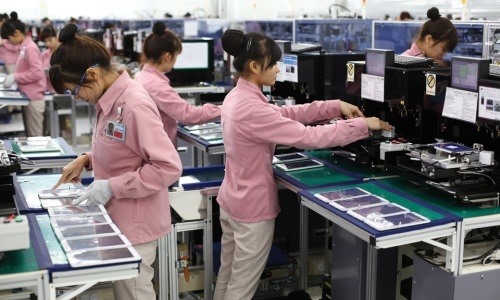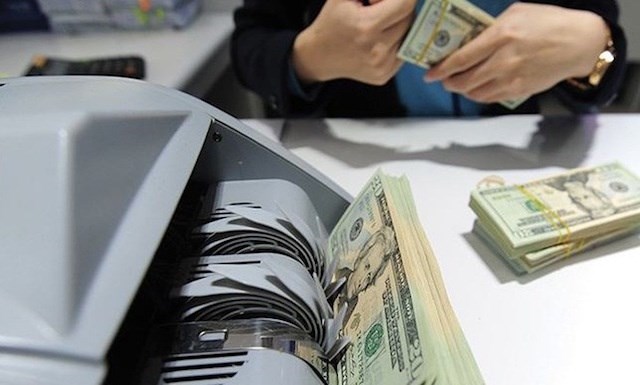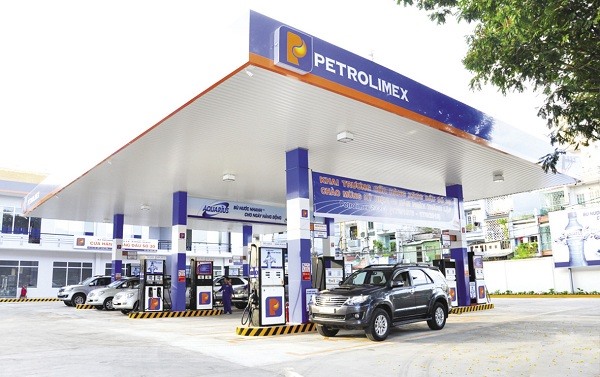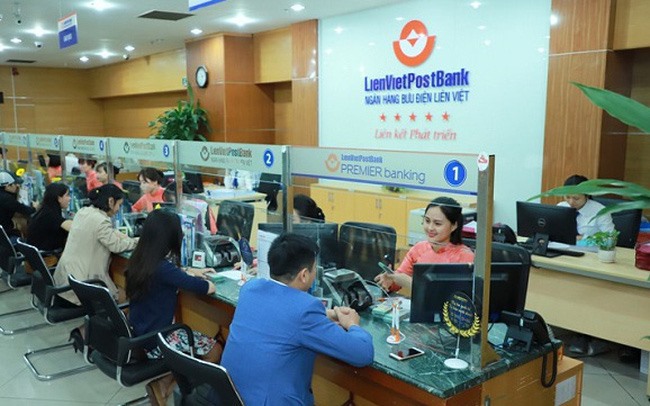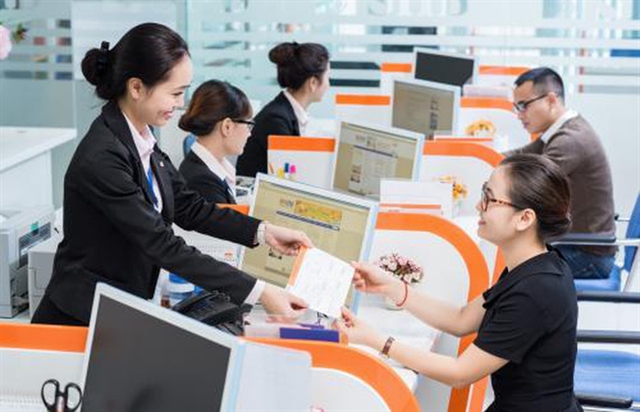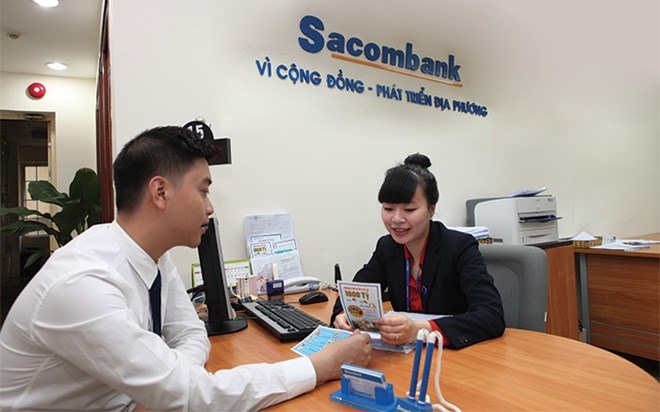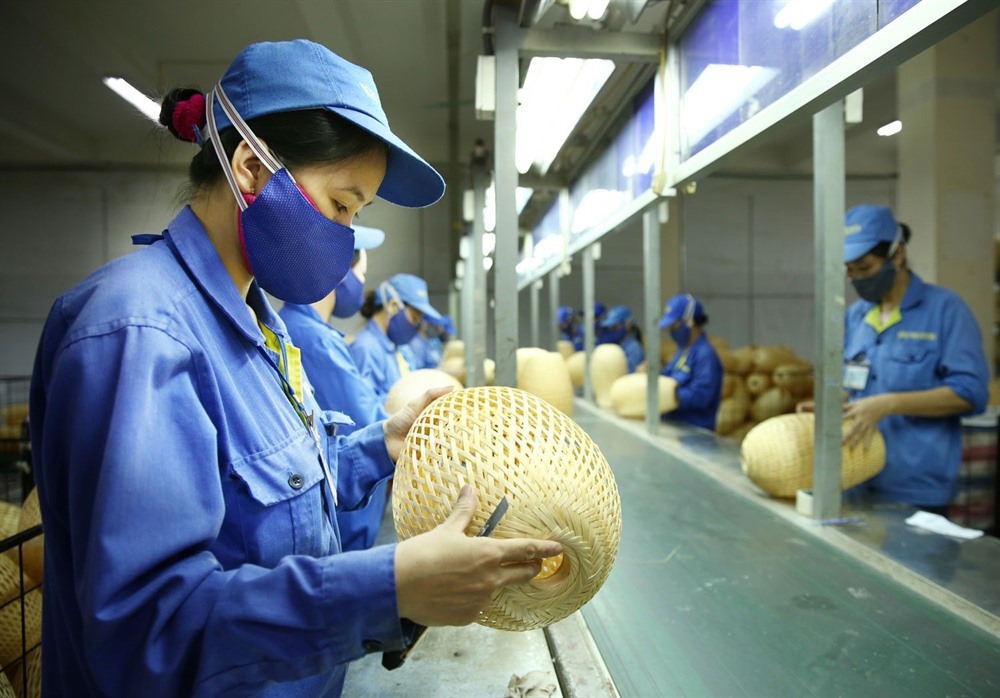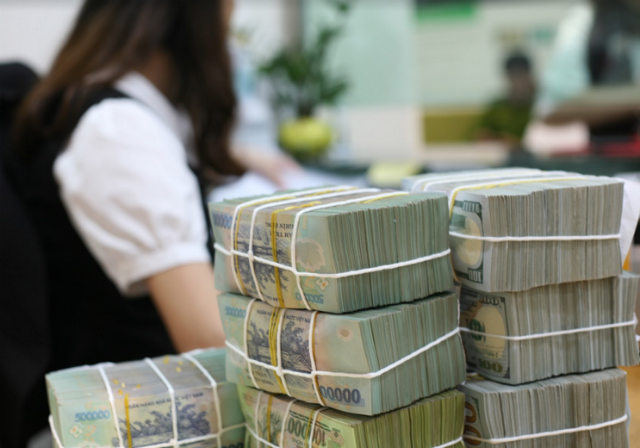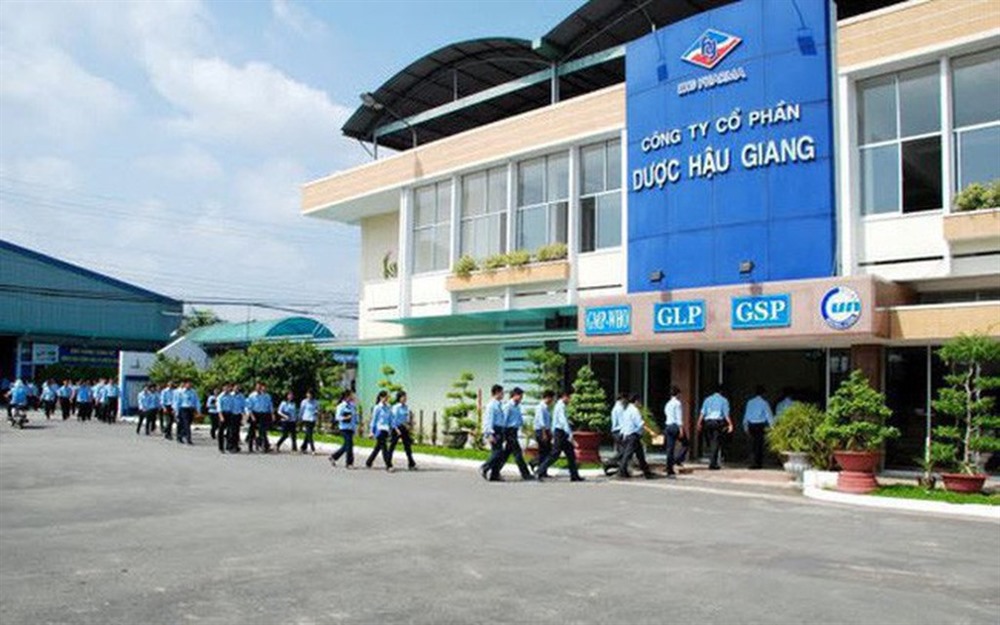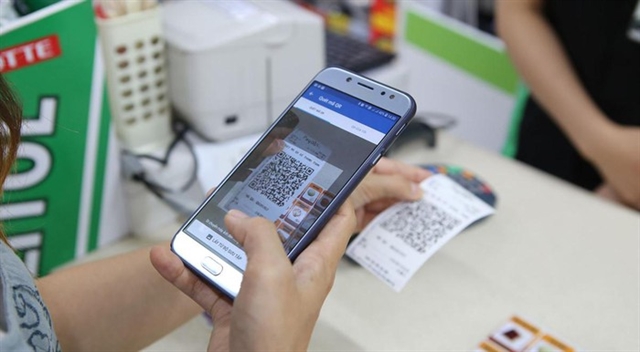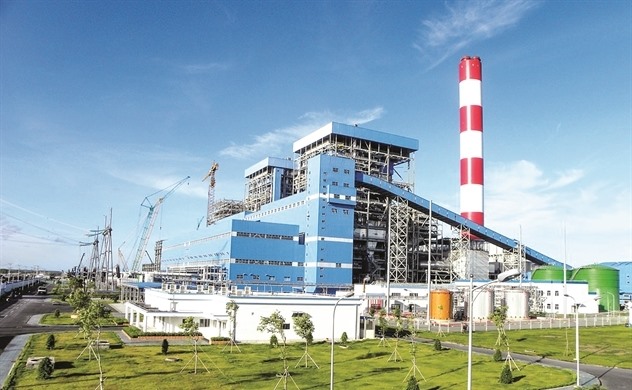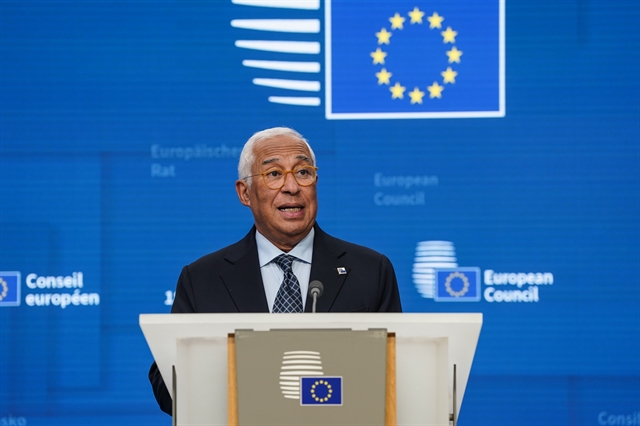
The new wave of Covid-19 infections has caused heavy pressure on the country’s economy. In this uncertain context money flows into the stock market have turned towards firms with good financial capability, reliable operations and attractive dividend policies.

Overseas remittances are expected to fall short of the target this year due to the economic crisis caused by the Covid-19 pandemic and shutdowns around the world.

In late July, news that 15 Japanese companies received support from their Government to move to Việt Nam from China became a hot topic in the media.

The Ministry of Industry and Trade has called for allowing all foreign investors to further participate in the petroleum retail market.

Many analysts think now is a good time for investors looking for acquisitions in the property industry to act since difficulties caused by the Covide-19 pandemic have thrown up opportunities.

LienVietPostBank has said it will complete the transfer of its LPB shares from the unlisted Public Company Market (UPCoM) to the Ho Chi Minh Stock Exchange (HoSE) in the fourth quarter of this year.

Many segments of the real estate market are soon expected to benefit from the EU-Việt Nam Free Trade Agreement, which takes effect in August.

Experts have forecast bank credit growth in the second quarter to reach 3.5-4 per cent, much higher than the rate in the first quarter.

At Sacombank’s annual general meeting held on June 5 its permanent vice chairman Phạm Văn Phong said that in 2019 the bank’s pre-tax profit increased by 43.2 per cent to VNĐ3.2 trillion (US$137.5 million), which was 21.4 per cent above the target.

In a time of high demand and immense uncertainty, technology in healthcare is proving to be the new imperative, especially for countries like Viet Nam which is well poised for a boost in economy and is consistently working towards making their healthcare systems more ready for the future.

Will consumer loans remain a money-spinner for banks post-COVID-19? This was a question recently posed by market observers after witnessing the pandemic’s big economic impact on individuals and households, dragging down demand for personal loans.

Việt Nam attracted US$12.33 billion worth of foreign direct investment in the first four months of 2020, a year-on-year decrease of 15.5 per cent due to the impact of the COVID-19 pandemic, according to the Foreign Investment Agency.

The COVID-19 pandemic is a huge challenge for businesses irrespective of sector and size in all regions and countries, including Việt Nam.

The governor of the State Bank of Việt Nam, Lê Minh Hưng, has called on banks to simplify lending procedures to enable COVID-19-affected firms to easily get loans at preferential interest rates.

Last Monday (April 20) US oil prices plunged into negative territory for the first time ever, meaning producers were willing to pay buyers to take crude off their hands.

Last year, VinaCapital’s flagship fund, Vietnam Opportunity Fund (VOF), invested US$25 million in a private hospital operator, Tâm Trí Medical Joint Stock Company.

The State Bank of Việt Nam has said it will not cap foreign ownership of companies in the payment services industry in its draft decree to replace Decree No.101.

Companies’ annual general meetings are likely to be delayed this year with many saying they have not yet set a date, banks have taken advantage of the situation to expand their online services to mitigate its effect on their business.

